
Hello everyone,
Welcome to the latest issue of our church newsletter. Our newsletter is sent out regularly to share reflections from services, Bible readings and church news with our church family. You can find previous issues on our church website here.
We would love to hear from you and are always looking for uplifting and encouraging content to share in future issues of this newsletter. If you have any ideas or content that we can share, please do email them to Louise (publicity@christchurchuxbridge.org.uk)
Opening Prayer
God of each day and each moment,
you call us to make choices:
choices about how we will live,
how we will use our time and resources,
who we will look out for,
and what we will commit to.
As we come before you now,
bless us with wise discernment and loving compassion,
that we may serve after the example of Jesus. Amen
(Taken from Roots)

Reflection from 26 May
Readings – Isaiah 6: 1-8, Romans 8: 12-17 and John 3:1-17
The Sunday after Pentecost is traditionally known as Trinity Sunday. It is, in a sense, a culmination of the God who promises the Son during Advent and Christmas; the birth, the death, and the resurrection of Jesus during Epiphany, Lent and Easter; and the pouring out of the Holy Spirit on the day of Pentecost. The doctrine of the Trinity is not actually mentioned in the Bible. You won’t find the word Trinity in the Bible, it’s something that was developed in the early church, and it was developed in the light of the biblical texts. We’ve read three of those this morning which are an example of how that might work.
I don’t intend to give you a very learned explanation on the doctrine of the Trinity because chances are you’ll be bored to death and probably fall asleep. You might fall asleep anyway, but possibly not quite so easily! Instead we’re going to focus on who is this, what is this mysterious three: God, the father, mother, the Son and the Holy Spirit.
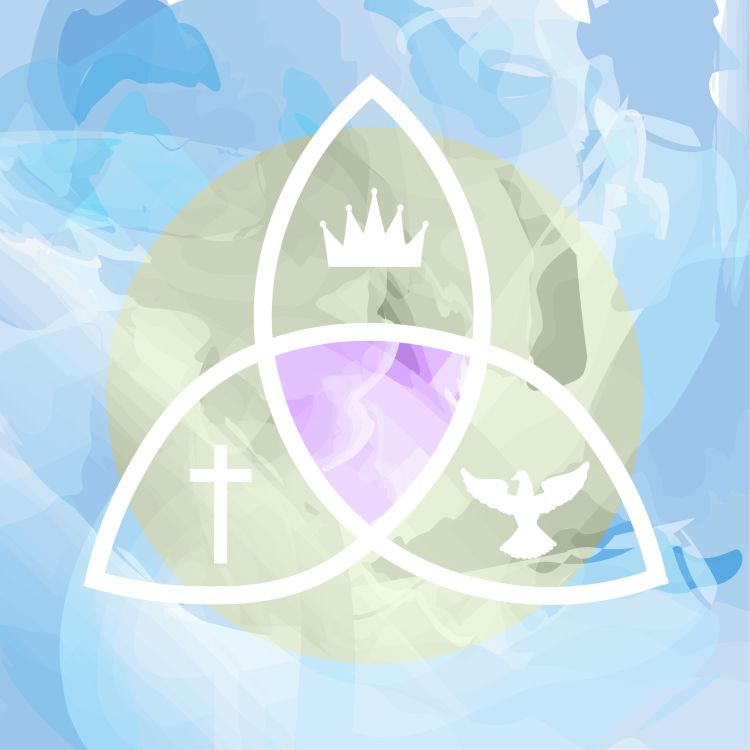
We’re going to spend most of our time on the passage from Isaiah chapter 6. Now it’s believed that the king Isaiah – it’s a bit confusing because you’ve got Isaiah the prophet, and you’ve got Isaiah the king – now king Isaiah died in approximately between 746 and 742 BC and it’s believed that at the time the prophet Isaiah was about 16 years old. There was a lot of stuff going on in Israel, and it seemed that the people had strayed from God, and God wasn’t exceptionally pleased with God’s people.
The scene that greets us in chapter 6 is dramatic. Isaiah has this vision, and in this vision all his senses are employed. It was a vivid vision and he immediately recognized it as God Yahweh. So vivid was this picture that the whole temple was filled with this divine presence. God’s presence was everywhere to be seen and there were seraphs and they were filled with awe so much that their faces and their feet were covered. In the midst of this dramatic sight Isaiah hears a song of praise.
The seraphs are overwhelmed by the otherness of God because not only is God holy and mysterious and other, but his glory is evident in heaven and on earth. The vision is glorious but also terrifying; it’s almost beyond human comprehension and if the sight and the sound was not enough, there was the smell of smoke and the whole sensory experience. The sight, the sound, the smell of smoke has such a profound effect on Isaiah that he immediately realises in the presence of the glory of God that he’s lost, sinful, a man of unclean lips, and he lives in a lost world. Yet the realisation meets with a divine response; not a response of judgment, but instead his lips are touched with a burning coal – hopefully only very fleetingly – and his sins are forgiven.
Of course, by now God has Isaiah’s full attention. I imagine that the whole being of Isaiah was attentive to this presence and then comes the contrast: the God whose presence fills the temple, whose presence makes Isaiah realise who he is, and whose presence is forgiveness, doesn’t issue a command or an instruction but instead asks a question, “whom shall I send and who will go for us?”
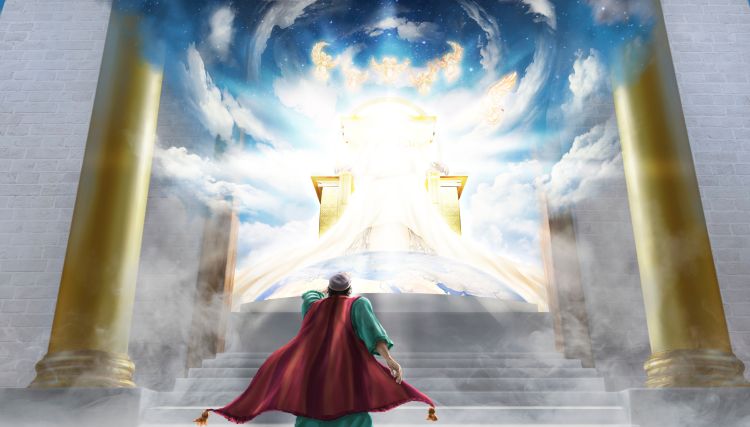
This mysterious, incomprehensible God in all God’s awesome presence is looking for someone to do a job, and so inspired is Isaiah, so amazed is he, a young man who has received divine forgiveness, that he immediately responds with, “Here am I. Send me.”
If you read the remainder of chapter 6 you’ll be shocked because if Isaiah had known beforehand what God would send him to do and say I’m not sure that he would have actually taken up the offer. What a terrible thing it was that God said to him. It was not an especially positive message. It goes something like dull their minds and stop their ears and shut their eyes. God is clearly not pleased with God’s people, but if you read the rest of the first part of Isaiah up to the end of chapter 39 you’ll discover that Isaiah was obedient. He was obedient to this God who had called him in this dramatic setting.
Now the call of Isaiah, as is the case with all the readings from the Hebrew scriptures we read in the light of our knowledge of the New Testament, the second Covenant, the God of the Hebrew scripture; the father, the mother God from above, the first person of the Trinity takes on a further dimension in the New Testament because it was this God in the person of Jesus Christ, the son of God, the second person of the Trinity, the one who dwelt among us who was visited by Nicodemus.
The encounter between Jesus and Nicodemus was very different from the encounter between God and Isaiah. There were no dramatics. Nicodemus was a much older man than Isaiah, he was much more learned. He was a Jewish leader, and yet he struggled to understand what Jesus was telling him about the new birth, the birth from above through water and the Spirit. While Isaiah didn’t know who Jesus was, there’s no doubt that Isaiah was guided by the spirit of God, not the Holy Spirit in the New Testament sense, but the spirit nevertheless, the divine presence.
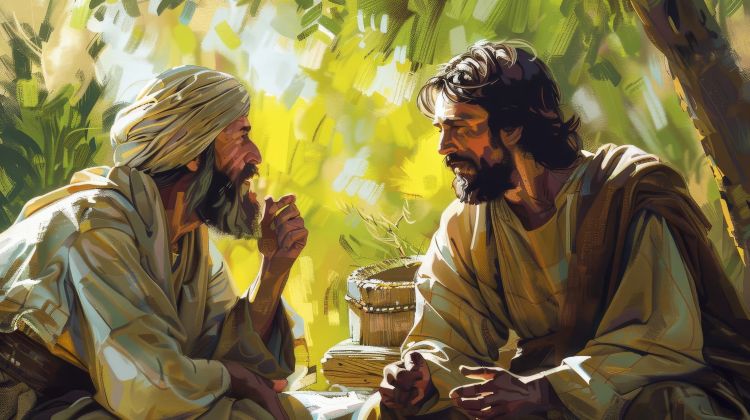
The work of God through prophets like Isaiah and others was eventually then fulfilled in the coming of Jesus to earth because God had to send a son to dwell among us so that we could grasp the full meaning of who this God was. The God who called Isaiah decided that they needed to be a Son in order for God to become more real and, if you like, more accessible.
Ultimately our understanding and our acceptance by God leads us to become children of God as Paul tells us in our passage from Romans. Life in the spirit means that we are no longer slaves to the law. No longer is God far away, but the Spirit, the third person of the Trinity, dwells within us. So we have God the Creator is the God above us; Jesus the Redeemer is a God among us; and the Holy Spirit dwells within us and the three persons of the Trinity stand in relationship to one another, not in a hierarchical sense but in equal relationship with one another.
You might wonder what any of this has to do with us in the 21st century. The doctrine of the Trinity is very confusing to many people because it looks to some as if we’re worshiping three Gods instead of one. It’s a complicated doctrine and I’m sure that libraries have been filled with very voluminous tomes written by people who think that they are very learned. Over the centuries there have been many theological debates around the doctrine of the Trinity, but even though we may not fully understand it, and even though we may not want to read voluminous tomes, we can form a picture of who this God is who called Isaiah and the God who still calls people today, people like us.
It’s a God who loved the world so much that God gave the Son to dwell among us and who sent the Holy Spirit as the counsellor and the mediator and the guide. Why was it then that Isaiah heard and responded to God in this way? Well, he was aware of the presence of God. Isaiah was in the temple – he may have attended a worship service, we don’t know – we might never experience anything quite as dramatic as that, but we will experience God’s presence in church, or more likely outside of church if we’re attentive. Isaiah was attentive and we are invited also to be attentive.
Secondly, this experience of God’s presence made Isaiah realise that he was a man of unclean lips, a man who was sinful, a man who was unworthy, somebody who lived in a lost world and this realisation caused him to cry out in despair, but thirdly, Isaiah was a man who experienced the grace of God when his sins were forgiven and that was what ultimately led him to respond to the call. He didn’t ask any questions – not at that stage, he might have done that later – he didn’t object, he said, “Here am I. Send me.” It was a very brave response for such a young man, but it was a response in the midst of Isaiah’s experience of God’s presence.
How do you and I respond to God’s call? God calls different people in different ways and for different purposes and the Bible is filled with stories of how God called people. God may call some to be ordained ministers, some to be lay ministers, some to do other things in the church or in the community, because the calling of God is not limited to being called to do things only in the church, but the call of God comes with the assurance of God’s grace and God’s forgiveness.
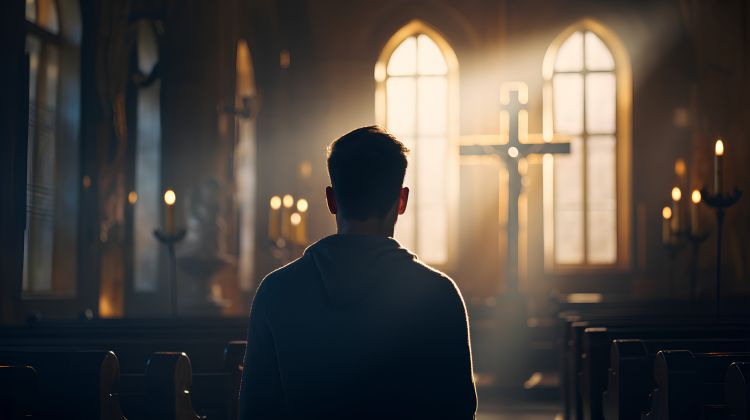
I once read somewhere where it said that God does not call the qualified, but qualifies the called. This call comes with the assurance of God’s guidance, but the call also comes with a cost. What God may require us to do may not always be very pleasant or popular and the amazing thing about this God who calls us is that even though we don’t fully understand God, even though God is a mystery to us, this mysterious God wants a relationship. God wants to use us, God wants this world to be a better place and God wants us to be God’s instrument. God wants you and me to do this work.
I wonder what kind of message God would give us in this day and age. I imagine it might be something like “stop killing and hurting each other, stop humiliating each other, stop lording it over each other, stop exploiting each other” and I’m sure that there are many other messages and those are the messages that you and I as God’s people are called to convey. And so on this Trinity Sunday we are asked, “whom shall I send and who will go for us?” and each of us can answer, “Here am I. Send me.” Amen.
Revd Dr Lynita Conradie
Reflection from 2 June
Readings – Deuteronomy 5 :12-15 and Mark 2: 3-6
You may have met her, my mum, perhaps without knowing her, because if you’ve lived and shopped in Uxbridge for a long time she may have served you. My mum, a lifelong retailer worked in Marks and Spencer since the day they opened here in Uxbridge and that’s far too many years for me to remember. I was only little when she got the job and started her training in the Slough store before Uxbridge opened. She worked on menswear, foods (if they were short although it wasn’t her favourite place to work) and then the customer service desk where if you ever returned goods for a refund you’d have come across her. She’d check goods properly for wear and damage and if a receipt was required she would meticulously check it was valid and if you were worthy of a refund, she’d say, “if you have a penny I will give you [for example] £10” but if you didn’t have the penny she’d happily serve you up with £9 and 99 pence of change and I’m sure she used to think, “well if you didn’t have change before you’ve got some now.”
She loved the job and she did it for many years, but I remember when there was the merest suggestion that the store was going to open on Good Friday, she became disengaged, but the suggestion that the store was going to open on a Sunday when the Sunday Trading Act came in was her cue to retire. When I look back on it, I don’t think she was going to be asked to work on a Sunday, unless she chose to, but it was the principle.
In the readings today from Deuteronomy and Mark there is a clear theme of the Sabbath day and so that’s the focus of our time of reflection today. The book of Deuteronomy repeats and reinforces the giving of the Ten Commandments to Moses on Mount Sinai first recorded in Exodus chapter 20. The verses in today’s reading from Deuteronomy begin in almost the same words as Exodus but then interestingly offers a different reason for the Sabbath.
In Exodus, the thinking behind a day of Sabbath rest goes back to creation. God rested on the Sabbath, therefore human beings should do the same and regard it as a day of rest and consecration. Perhaps by the time of the writing of Deuteronomy, wider concerns about social responsibility and care of the community have now crept in. The reason for the Sabbath is underlined here with the addition of a part of verse 14 and verse 15: “so that your male and female slaves may rest as well as you. Remember that you were a slave in the land of Egypt and the Lord your God brought you out from there with a mighty hand and an outstretched arm. Therefore the Lord your God commands you to keep the Sabbath day.”
As we reflect on this commandment again, this time in the version of Deuteronomy, we are being asked to do so from a wider perspective of how society behaves and shows consideration for each other. As Christians living in the 21st century and in British culture our connection with this ancient practice of the Sabbath can be just a little bit confusing. The original Sabbath was the seventh day of the week, what we would now call Saturday, but often our thinking has equated it more to Sunday and it is Sunday which we sometimes regard as the day of rest.

This has developed in Christian societies because the resurrection took place on a Sunday, the first day of the week. Sunday therefore became for the early Christians a day of celebration and worship. ‘So what?’ we may ask. Let’s have a look at what Jesus says about the Sabbath before we ask ourselves a few questions about whether any of this really matters.
It’s clear that in the time of Jesus, Sabbath was a red-hot issue. The Pharisees and scribes who upheld the law paid close attention to the enforcement of Sabbath laws. Indeed the laws as laid down in the Hebrew scriptures have been further augmented and elaborated to provide a buffer zone of safety around the original demands.
The laws were enforced rigorously with harsh penalties for breaking them. It would appear that although Jesus had a high regard for scripture, stating very clearly on at least one occasion, “do not think that I have come to abolish the laws or the prophets. I have come not to abolish, but to fulfil.” (Matthew 5: 17). He seems to sit lightly to the demands of Sabbath law perhaps because he sees how these laws have become over-exaggerated and are applied with a disproportionate level of zeal. When his disciples plucked heads of grain as they walked through a cornfield, possibly eating the grain as they went along, the Pharisees are ready to pounce on this infraction of their Sabbath law, but Jesus plays them at their own game and magnifies the sin by citing an occasion when not just a few grains of corns were illegally consumed, but whole loaves dedicated to God and only to be consumed by the priests were given to the hungry troops and by King David of all people.
We don’t hear how the Pharisees reacted to that but we do remember the significant words of Jesus: “the Sabbath was made for mankind and not humankind for the Sabbath, so the Son of Man is Lord even of the Sabbath.”
Similarly in the next story when Jesus’s opponents are again on the lookout for an infraction of the Sabbath laws, Jesus obliges by healing a man with a withered hand in the synagogue. It’s hard to see how an active healing can be regarded as work, other perhaps than that for a doctor or a nurse, but it’s clearly a breach of additional legislation and Jesus knows they are getting ready to pounce. He turns the table against them by asking a question which gets to the root of the Sabbath observation: “is it lawful to do good or to do harm on the Sabbath, to save life or to kill?” and is deeply grieved when they can see the error of their ways with him but remain peevishly silent.
So what do you think? Well you can ponder this this week when you’re going about your busy lives remembering you all have favourite days, and days when you might rest, but as we think about that and as you think about that in the week, let’s take note of two statements from our readings which are really significant. In Deuteronomy the Sabbath is described as “a Sabbath to the Lord your God” and remembering the Sabbath for the Jews who were aware of remembering that they have been slaves and must now regard the needs of those who have become their slaves. In Mark Jesus tells his opponents that the Sabbath was made for humankind so I encourage you to continue to make Sunday a particular day where you take the time to reflect on the ways you personally respond to God’s love and compassion which as we all know is freely given to you and to me.
Now the Sunday trading law makes provision for large stores to limit their opening hours to 6 hours as a maximum, shops don’t have to open and we’re aware that some retailers don’t, perhaps as a principle, or simply because the trade isn’t there, or it’s not cost-effective, but as we close let’s just go back to my mum. She loved going to church on a Sunday, but occasionally she would say to me, “let’s not go to church this morning, Jem. Let’s worship at Tesco instead!”
Jeremy Day
Readings for 26 May
John 3: 1-17
Jesus Teaches Nicodemus
Now there was a Pharisee, a man named Nicodemus who was a member of the Jewish ruling council. 2 He came to Jesus at night and said, “Rabbi, we know that you are a teacher who has come from God. For no one could perform the signs you are doing if God were not with him.”
3 Jesus replied, “Very truly I tell you, no one can see the kingdom of God unless they are born again.”
4 “How can someone be born when they are old?” Nicodemus asked. “Surely they cannot enter a second time into their mother’s womb to be born!”
5 Jesus answered, “Very truly I tell you, no one can enter the kingdom of God unless they are born of water and the Spirit. 6 Flesh gives birth to flesh, but the Spirit gives birth to spirit. 7 You should not be surprised at my saying, ‘You must be born again.’ 8 The wind blows wherever it pleases. You hear its sound, but you cannot tell where it comes from or where it is going. So it is with everyone born of the Spirit.”
9 “How can this be?” Nicodemus asked.
10 “You are Israel’s teacher,” said Jesus, “and do you not understand these things? 11 Very truly I tell you, we speak of what we know, and we testify to what we have seen, but still you people do not accept our testimony. 12 I have spoken to you of earthly things and you do not believe; how then will you believe if I speak of heavenly things? 13 No one has ever gone into heaven except the one who came from heaven—the Son of Man. 14 Just as Moses lifted up the snake in the wilderness, so the Son of Man must be lifted up, 15 that everyone who believes may have eternal life in him.”
16 For God so loved the world that he gave his one and only Son, that whoever believes in him shall not perish but have eternal life. 17 For God did not send his Son into the world to condemn the world, but to save the world through him.
Further readings from the lectionary this week are as follows:
- Isaiah 6: 1-8
- Psalm 29
- Romans 8: 12-17
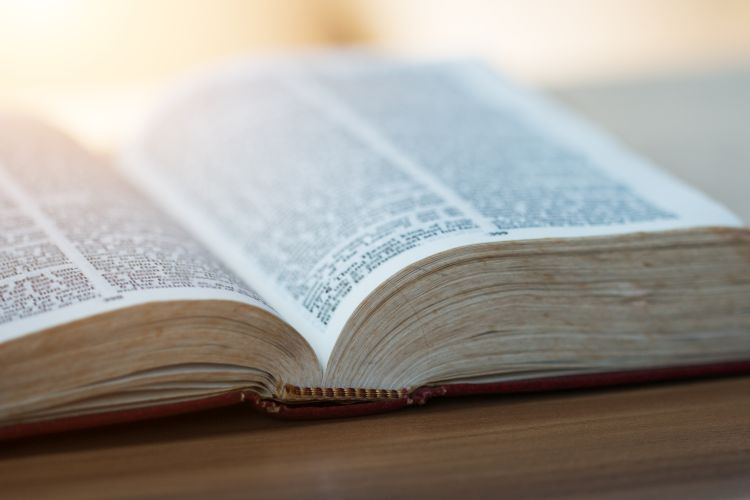
Our worship
We meet at 11am for our Sunday services, which are also live-streamed on our YouTube channel. If you wish to view our services online, you can find them at https://www.youtube.com/@christchurchuxbridge
You can also view a recent service on our church website. Our service this week will be a parade service led by Methodist deacon, Claire Gill. You can find the order of service here.
If you are unable to join us in person or online for our Sunday services, but would like to receive a recording of them on a memory stick to watch at home, please let us know.
Forthcoming services
9 June – Claire Gill (Methodist deacon) – parade service
16 June – Christ Church worship group
23 June – Richard Reid (Methodist local preacher)
30 June – Revd John Mackerness (URC minister) – Holy Communion
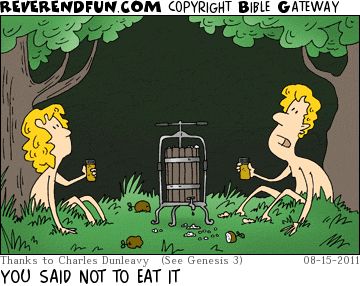
From the Circuit
D-Day Concert at Pinner
The Royal Navy Volunteer Band will be performing a free concert to mark the 80 years since D-Day in 1944. Held in Pinner Methodist Church on Saturday 15th June at 7:30pm, the programme features Wind Band and Big Band marches, popular songs, swing music, and a traditional naval finale. The concert is free and all are welcome to attend.

St. Andrews Christian Literary Festival
St Andrew’s Christian Bookshop in the beautiful village of Great Missenden will be holding its first Christian literary festival, where many of the UK’s most beloved authors will be present, on the 21st and 22nd June. There will be interviews with the author, book discussions, and even kids events. The venues for the literary festival will be in the churches of Great Missenden – to book tickets or see specific dates and times for the festival events, visit the website on stalitfest.co.uk, where you can also find a list of the 20+ confirmed contributing authors.
Farewell to Revd Nigel Cowgill
Nigel’s time as a Chair of the District is coming to an end in August. To thank him for all his work and service to the London District and wider church the District is holding a Farewell Service on Sunday 21 July at Hinde Street Methodist Church, W1U 2QJ. The afternoon will start with refreshments from 5:30pm, followed by a service at 6:30pm. If you would like to attend, please let the Circuit know on admin@hahcircuit.org.uk so that we can give an estimated headcount to the organisers of the event.
Dates for your diary
| 12 June | Welcome Wednesday |
| 26 June | Welcome Wednesday |
| 30 June | CTU AGM |
| 10 July | Welcome Wednesday |
| 24 July | Welcome Wednesday |
| 4 September | Welcome Wednesday |
| 8 September | Congregational Meeting |
| 18 September | Welcome Wednesday |
| 24 November | Congregational Meeting |
Children’s Corner
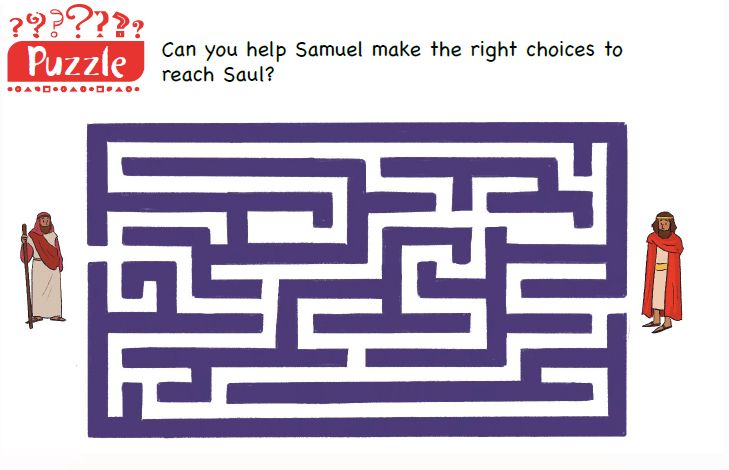
Praying for other churches
This week we hold the following in our prayers:
- Yiewsley Methodist
- Ickenham URC
- St Andrew’s, Uxbridge
Closing prayer
May God give us eyes of faith to see God’s way
in the face of the many choices we face.
May God be in our choices and our plans.
May God bless us and all those we seek to serve. Amen.
(Taken from Roots)
